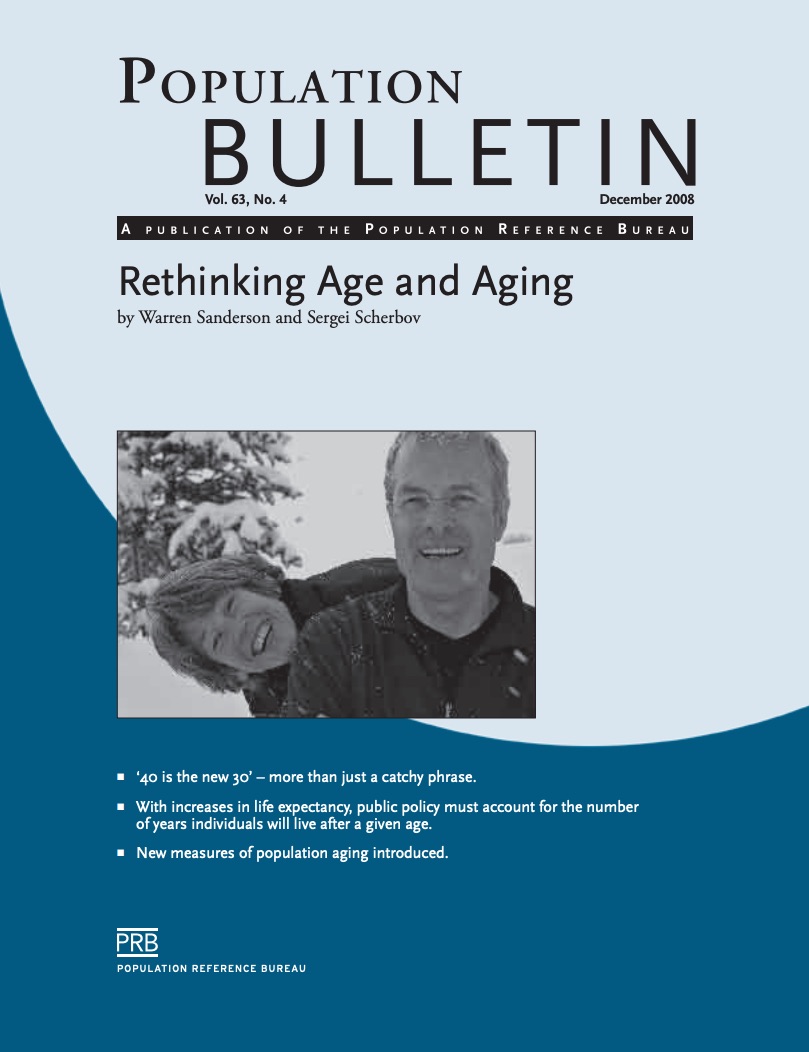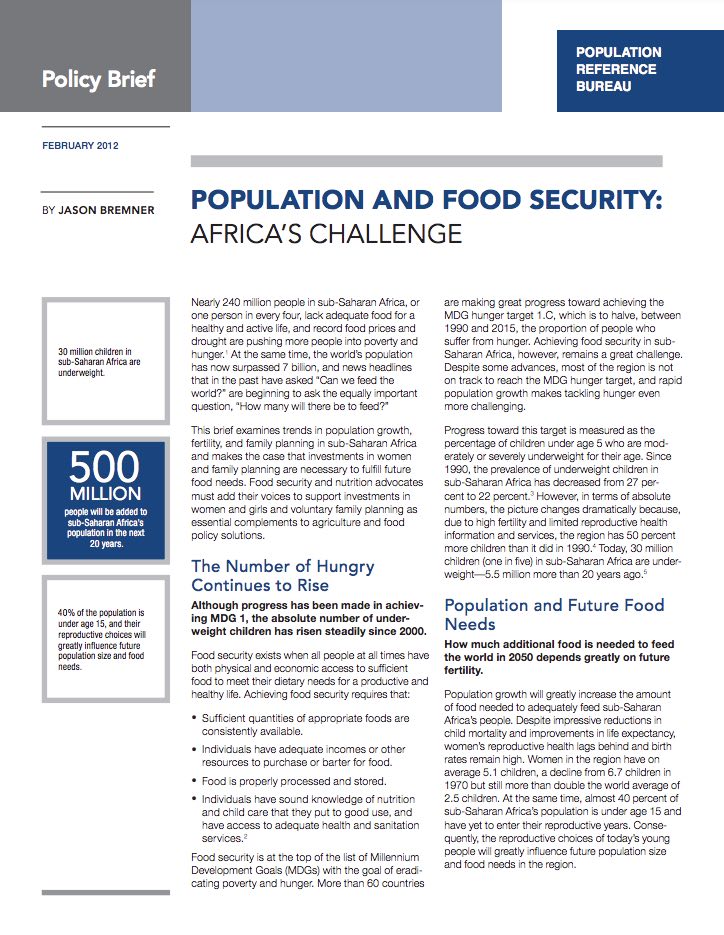563 Search Results Found For : "www.nubobeauty.com"

How Natural Disasters Can Influence Reproductive Health and Fertility
(2018) Natural disasters focus the collective imagination on images of community devastation. Beyond the obvious external signs of disaster, such as destroyed homes and ruined infrastructure, are more intimate impacts, such as impeded access to reproductive health services.

State of Access: Assessing Contraceptive Policy Environments in Each U.S. State
PRB is assessing the favorability of the policy environment for contraceptive access nationally and within each U.S. state so that state policies and programming can be easily interpreted and compared.
College Enrollment Rate Increases, but Financial Challenges Bring Uncertainty
(2008) Higher education in the United States is increasingly out of reach for many young adults. Over the past decade, tuition costs at public four-year institutions have risen by 4.2 percent per year after inflation.
PRB Discuss Online: Managing Unauthorized Migration
(2008) Unauthorized migration is a major issue in the United States and many other countries, sometimes generating intense publicity and debate.
PRB Discuss Online: What Are the Financial Implications of Aging in the United States?
(2008) The U.S. population is aging: The ratio of elderly to the working-age population in the United States will roughly double over the next few decades, straining the finances of the U.S. Social Security system and other government programs.

Rethinking Age and Aging
(December 2008) According to the United Nations (UN), "Population ageing is unprecedented, without parallel in human history and the twenty-first century will witness even more rapid ageing than did the century just past."

Population Bulletin, vol. 63, no. 4: Rethinking Age and Aging
(December 2008) According to the United Nations (UN), "Population ageing is unprecedented, without parallel in human history and the twenty-first century will witness even more rapid ageing than did the century just past."
PRB Discuss Online: Africa’s Demographic Challenges
(2012) Of the 48 least developed countries in the world, 33 are located in sub-Saharan Africa. At the same time, this region stands out with the highest birth rates in the world.

Policy Brief: Population and Food Security: Africa’s Challenge (Part 2)
(2012) Almost two of every three people in sub-Saharan Africa live in a rural area, relying principally on small-scale agriculture for their livelihood. Improving agriculture on small farms is critical to reducing hunger.
